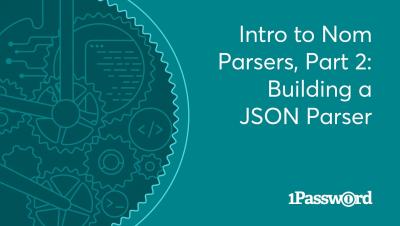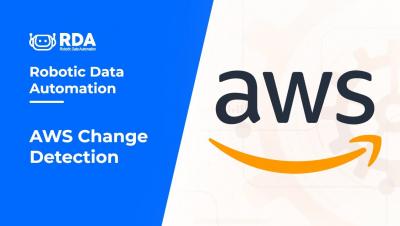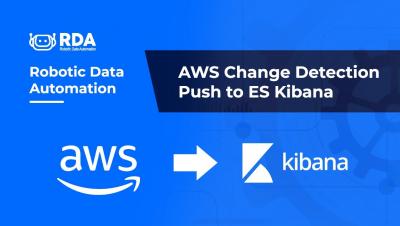Misconfigurations, known unpatched vulnerabilities, and Cloud Native Application Security
Two weeks back, we published our annual State of Cloud Native Application Security report. If you haven’t seen it yet, here’s a TL;DR. We surveyed nearly 600 developers and security professionals to see how the shift to cloud native (digital transformation) has changed their security posture. Then we parsed the results, gleaned valuable insights, and put them in an interactive webpage.










